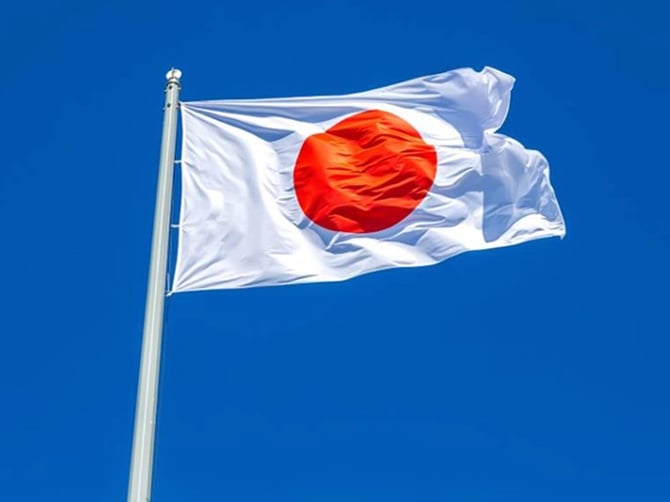Japan Pushes Raises Interest Rates to 17-Year High

The Bank of Japan has raised its short-term interest rate to 0.5%, its highest level since 2008, signalingconfidence in steady inflation around its 2% target. The move, supported by an 8-to-1 board vote, is the central bank’s first hike since July 2023 and reflects optimism in rising wages sustaining economic momentum.
The yen strengthened 0.5% to 155.32 per dollar following the announcement, while two-year Japanese government bond yields hit 0.705%, their highest since October 2008. The BOJ’s quarterly report projects core inflation at 2.4% for fiscal year 2025, exceeding earlier estimates of 1.9%, before tapering to 2.0% in 2026. Risks to this outlook include persistent labor shortages and elevated import costs due to the weak yen, which has also driven up rice prices and overall living costs.
Japan’s core consumer inflation accelerated to 3.0% in December, marking a 16-month high fueled by climbing fuel and food costs. With many firms signaling intent to increase wages during this year’s negotiations, the BOJ anticipates a reinforcing cycle of wage-driven inflation supporting broader consumption. This optimism is reflected in the central bank’s stable growth forecasts of 1.1% for fiscal 2025 and 1.0% for 2026.
What Does This Mean for Me?
The decision confirms Japan’s departure from the ultra-loose policies of previous years. Since Governor Kazuo Ueda’s appointment in 2023, the BOJ has dismantled earlier stimulus measures, gradually normalizing rates. Analysts suggest room remains for another 25-basis-point hike by year-end, which could push rates to 0.75%.
More News

Catastrophe Bonds Go Global as Climate Risk Meets Yield Hunting
.webp)
Canada Shields Steel and Lumber Industries From Tariffs

Trump Drops Selected Tariffs in Response to Inflation Pressures

Tariffs on Mexico Test Nuevo Leon’s Industrial Momentum

US Moves to Ease Latin American Tariffs as Food Inflation Mounts

Japan Faces First GDP Shrinkage in Six Quarters as Tariffs Bite

India’s Inflation Dip Strengthens Case for RBI Easing
